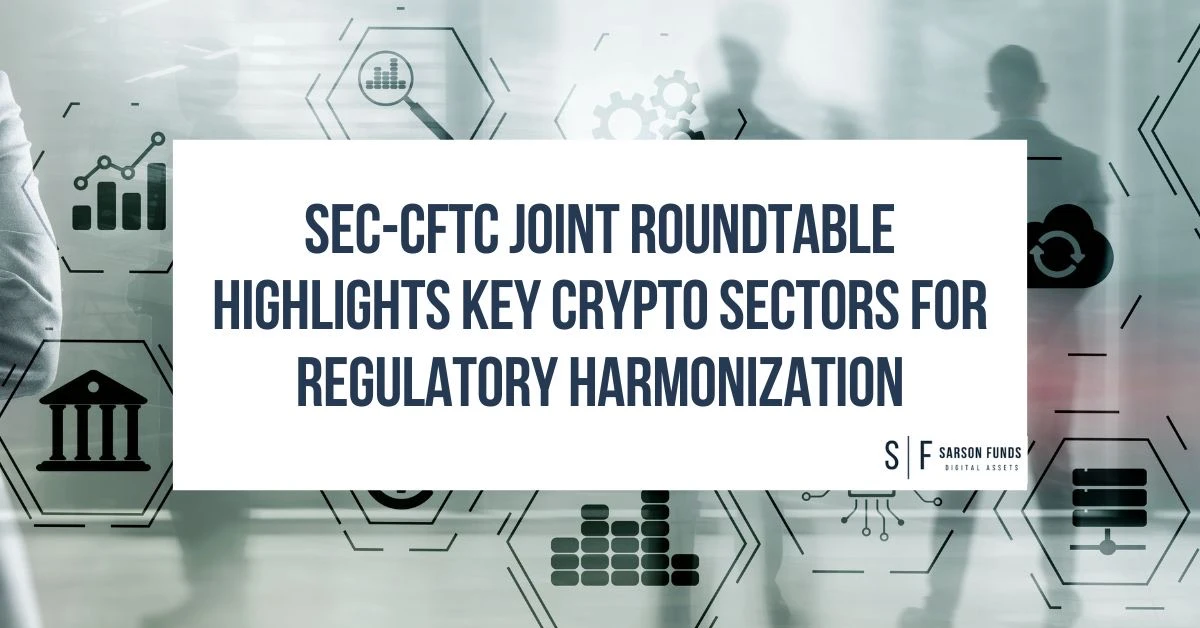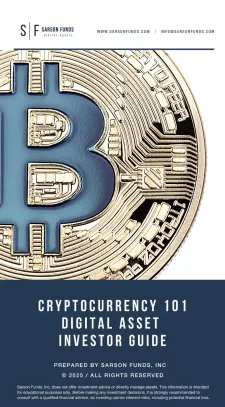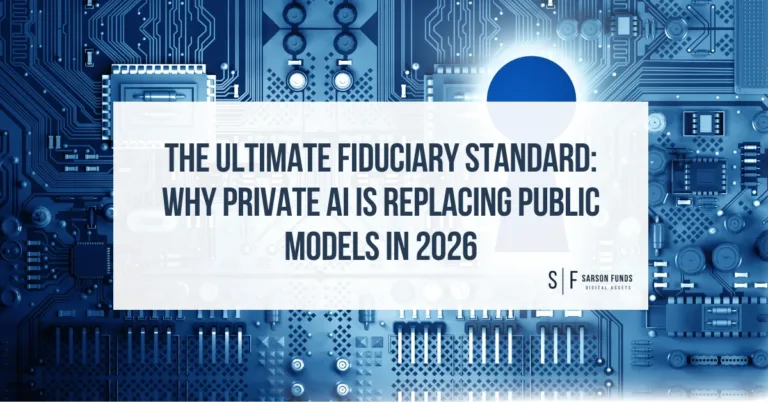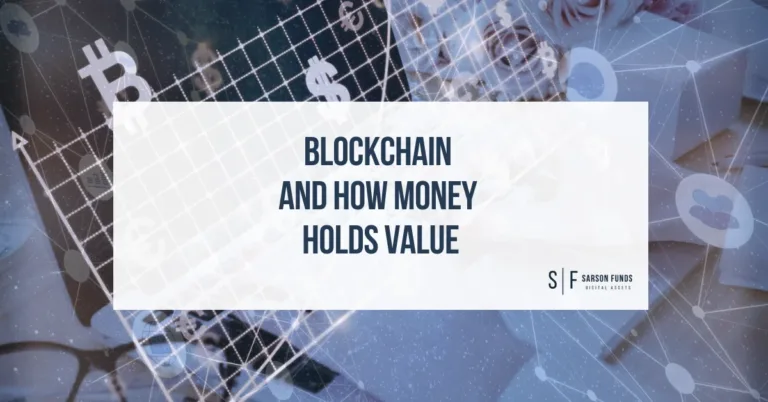
The recent SEC-CFTC Joint Roundtable marked a pivotal moment for digital asset regulation, bringing together leading voices from the U.S. Securities and Exchange Commission and the Commodity Futures Trading Commission. The event spotlighted several critical sectors in the digital asset ecosystem, emphasizing the need for regulatory clarity and harmonized oversight. The concept of regulatory harmonization anchored much of the discussion.
Decentralized Finance (DeFi)
DeFi remains a central force in the evolving crypto landscape. Panelists discussed the regulatory challenges and opportunities surrounding decentralized platforms. The consensus emphasized the urgency for rulemaking that reflects the unique structure of DeFi without impeding innovation.
Blockchain and Tokenization
Panelists highlighted blockchain technology’s scalability and its wide range of applications, including the tokenization of securities and commodities. As adoption increases, regulators and industry participants stressed the need for comprehensive frameworks that clearly define and govern these digital products.
Prediction Markets
Operators of prediction markets, including some currently approved by the CFTC, shared insights into the sector’s regulatory trajectory. As these platforms grow, discussions centered on achieving the right balance between innovation and effective oversight, especially for specialized financial services.
Perpetual Futures
Perpetual futures were identified as a high-priority area for regulatory harmonization. As core instruments for active traders, these products require unified definitions and oversight across agencies to foster market integrity while enabling innovation.
Stablecoins and Tokenized Collateral
Stablecoins and tokenized collateral were explored for their potential to modernize finance, especially in 24/7 trading, margining, and settlement. Panelists addressed both the advantages of these technologies and the compliance and risk management standards needed for safe integration.
Digital Asset Exchanges and Intermediaries
The roundtable also focused on trading venues and their alignment with traditional financial infrastructure. Participants examined cross-margining mechanics and the operational frameworks needed for crypto exchanges to comply with existing regulations.
As part of the evolving compliance landscape, the role of robust identity verification and KYC/AML solutions was also noted. Partnerships with providers like Blockpass highlight how industry actors are working to embed regulatory readiness into onboarding and platform operations without sacrificing user accessibility.
AI & Blockchain Convergence
Looking ahead, several speakers noted the convergence of AI with blockchain-based financial systems. This intersection presents new opportunities and regulatory challenges, suggesting a future where digital agents play a larger role in financial services.
The roundtable ultimately emphasized the importance of regulatory harmonization across DeFi, perpetual futures, prediction markets, stablecoins, blockchain tokenization, and trading platforms. As innovation in digital assets continues, collaborative oversight will be critical to supporting growth while protecting market stability.
Disclosures: This article is for informational purposes only and should not be considered financial, legal, tax, or investment advice. It provides general information on cryptocurrency without accounting for individual circumstances. Sarson Funds, Inc. does not offer legal, tax, or accounting advice. Readers should consult qualified professionals before making any financial decisions. Cryptocurrency investments are volatile and carry significant risk, including potential loss of principal. Past performance is not indicative of future results. The views expressed are those of the author and do not necessarily reflect those of Sarson Funds, Inc. By using this information, you agree that Sarson Funds, Inc. is not liable for any losses or damages resulting from its use.









